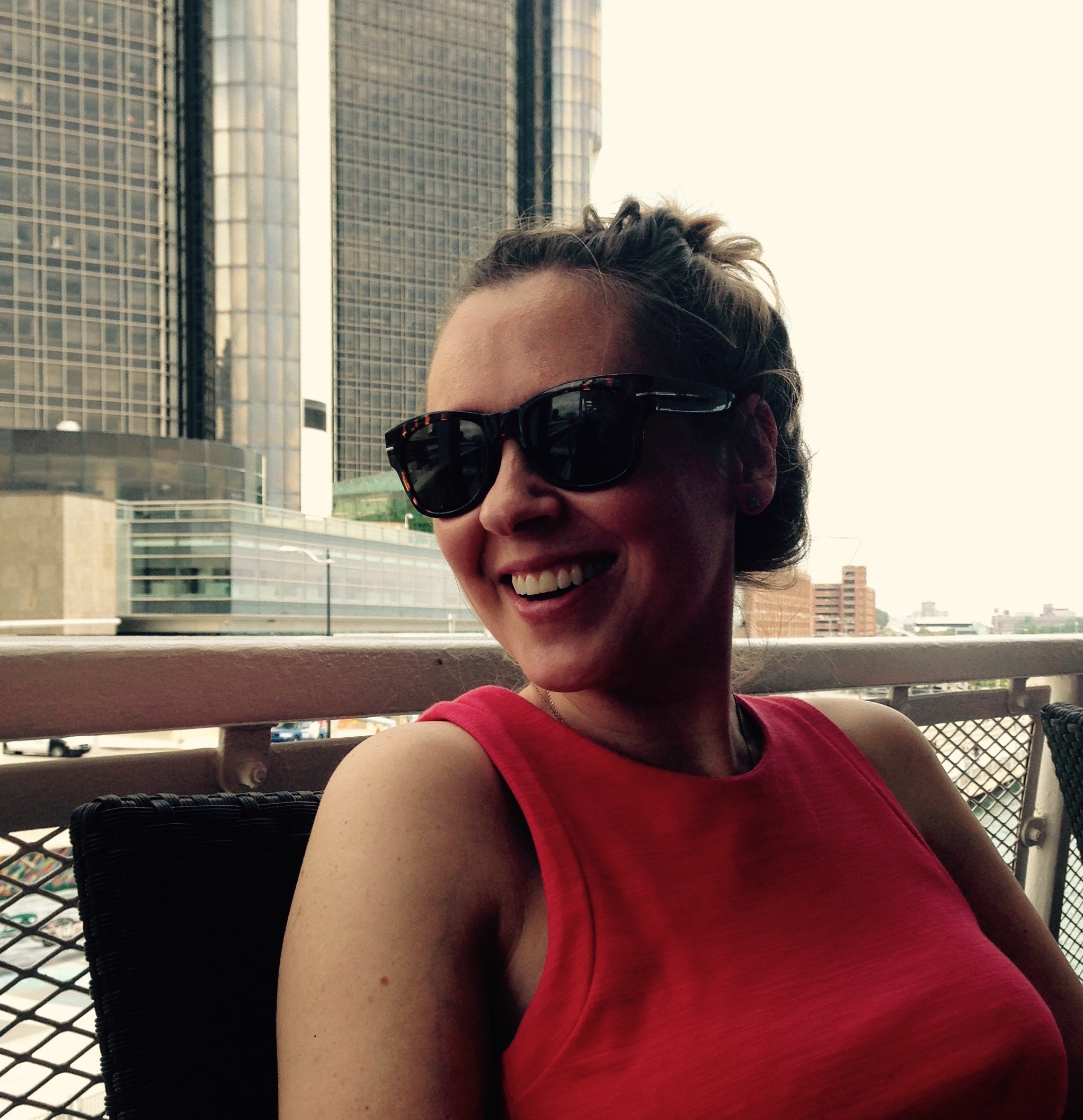I was listening to the Canadian Broadcasting Company yesterday and heard an interview with prolific writer Elmore Leonard (the novelist/screenwriter who penned Get Shorty, 3:10 to Yuma and current F/x series Justified), which referenced his widely circulated “10 rules of writing.”
As I’m digging back into Act 1 of my novel, it seems like a good time to revisit them. In brief, the logical but oft-broken rules are:
- Never open a book with weather.
- Avoid prologues.
- Never use a verb other than "said" to carry dialogue.
- Never use an adverb to modify the verb "said”…he admonished gravely.
- Keep your exclamation points under control. You are allowed no more than two or three per 100,000 words of prose.
- Never use the words "suddenly" or "all hell broke loose."
- Use regional dialect, patois, sparingly.
- Avoid detailed descriptions of characters.
- Don't go into great detail describing places and things.
- Try to leave out the part that readers tend to skip.
Some of these are painful to absorb; it’s hard out here for an adverb-lover. But when critiquing a piece of writing with these rules in mind, it’s hard to disagree with a single one. The CBC is running a contest based on Leonard's rules: The winner must write a single sentence that breaks as many of them as possible.
“All you have to do is knock us out with a truly amazing sentence and you could be one of our five finalists. Winners will have their rule-breaking sentences featured on Day 6 and published in The National Post. We'll also send winners three great Elmore Leonard books courtesy of HarperCollins.”
When the Guardian covered Leonard’s rules, they asked other writers to contribute their own rules. I’ve pasted a few of the meatier gems below. Enjoy.
Margaret Atwood:
You most likely need a thesaurus, a rudimentary grammar book, and a grip on reality. This latter means: there's no free lunch. Writing is work. It's also gambling. You don't get a pension plan. Other people can help you a bit, but essentially you're on your own. Nobody is making you do this: you chose it, so don't whine.
Roddy Doyle:
Do not place a photograph of your favourite author on your desk, especially if the author is one of the famous ones who committed suicide. Do be kind to yourself. Fill pages as quickly as possible; double space, or write on every second line. Regard every new page as a small triumph
Richard Ford:
Marry somebody you love and who thinks you being a writer's a good idea. Don't have children. Don't read your reviews.
Diana Athill:
Read it aloud to yourself because that's the only way to be sure the rhythms of the sentences are OK (prose rhythms are too complex and subtle to be thought out – they can be got right only by ear).
Jonathan Franzen:
The most purely autobiographical fiction requires pure invention. Nobody ever wrote a more autobiographical story than "The Metamorphosis"
Esther Freud:
Don't wait for inspiration. Discipline is the key. Trust your reader. Not everything needs to be explained. If you really know something, and breathe life into it, they'll know it too.
Neil Gaiman:
Remember: when people tell you something's wrong or doesn't work for them, they are almost always right. When they tell you exactly what they think is wrong and how to fix it, they are almost always wrong.
PD James:
Increase your word power. Words are the raw material of our craft. The greater your vocabulary the more effective your writing. We who write in English are fortunate to have the richest and most versatile language in the world. Respect it.
Al Kennedy:
Write. No amount of self-inflicted misery, altered states, black pullovers or being publicly obnoxious will ever add up to your being a writer. Writers write. On you go. Read. As much as you can. As deeply and widely and nourishingly and irritatingly as you can. And the good things will make you remember them, so you won't need to take notes.
Hilary Mantel:
Read Becoming a Writer, by Dorothea Brande. Then do what it says, including the tasks you think are impossible. You will particularly hate the advice to write first thing in the morning, but if you can manage it, it might well be the best thing you ever do for yourself. This book is about becoming a writer from the inside out. Many later advice manuals derive from it. You don't really need any others, though if you want to boost your confidence, "how to" books seldom do any harm. You can kick-start a whole book with some little writing exercise.
Michael Moorcock:
Find an author you admire (mine was Conrad) and copy their plots and characters in order to tell your own story, just as people learn to draw and paint by copying the masters.


